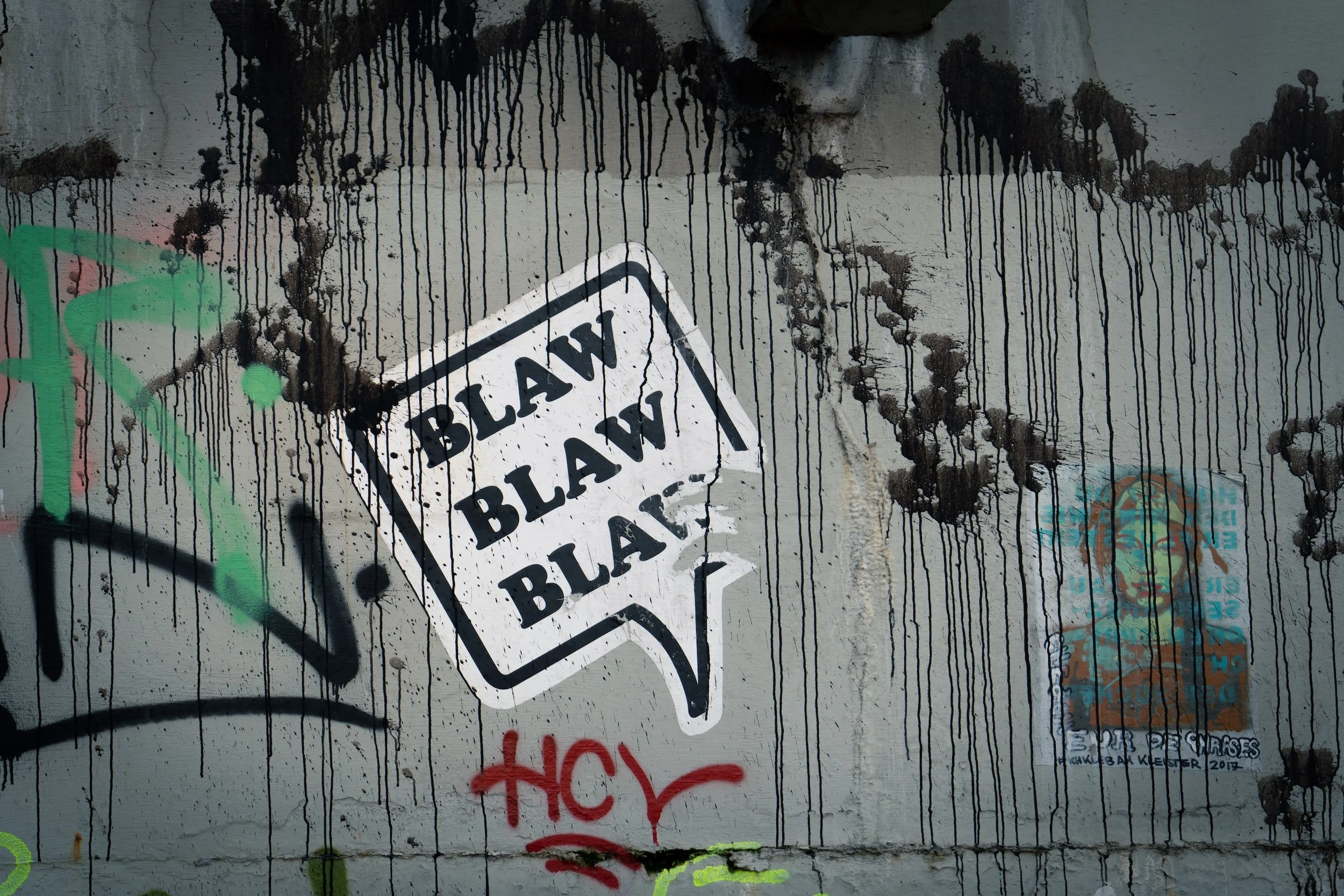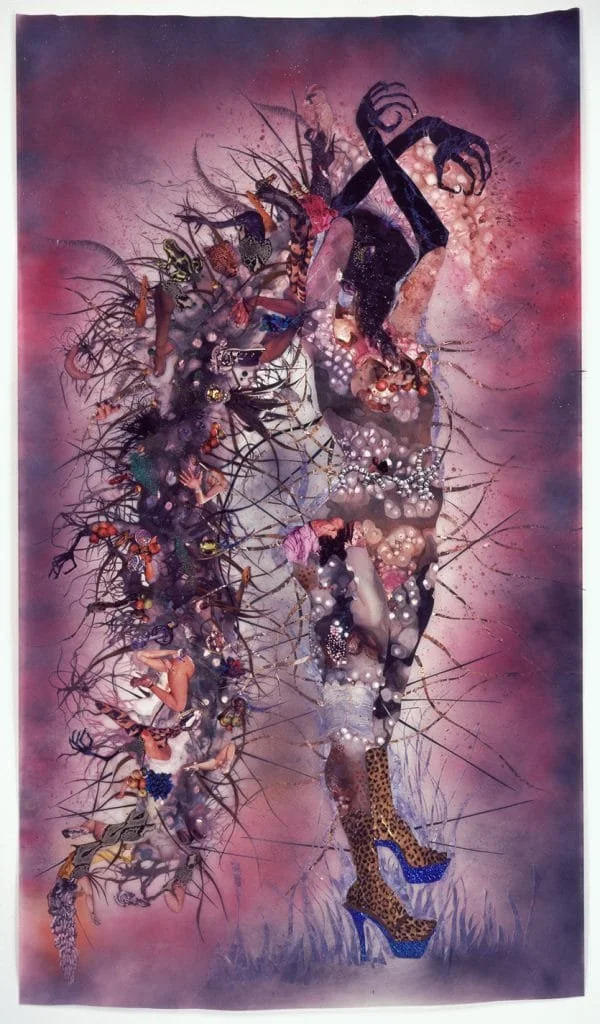Entry-Level and Introductory Courses
A general education course that introduces students to the practices of literary analysis, opening the way to more advanced work in the major and beyond. Through close reading, quotation, and interpretation of passages in poems, short stories, novels, and plays, students explore how such moments—as “events of literature”—make meaning.
University of Massachusetts Lowell, Spring 2019
A survey course of “American” literature that introduces students to texts from the first colonial encounters through the twenty-first century. Students explore major literary movements, periods, and genres.
University of Massachusetts Lowell, Fall 2018, Spring 2019, Spring 2020
Introduction to Latinx Literature
A survey course that introduces students to the major trends in the U.S. Latinx literary tradition emphasizing the historical and aesthetic networks established in the late-nineteenth century that continue into the present.
University of Massachusetts Lowell, Fall 2019, Fall 2020
Boston University, Fall 2023
Johns Hopkins University, Fall 2024
An undergraduate course that introduces English majors to the key terms, practices, and critical theories used by literary scholars. The class is designed to help college students practice the reading, writing, research, and critical skills they will need to succeed in upper-division literature courses.Throughout the course, students read from a wide variety of critics and scholars that introduce them to the methods of literary analysis such as New Criticism, Structuralism, Psychoanalytic theory, Marxism, Gender Studies, and Ethnic Studies.
University of Massachusetts Lowell, Spring 2022.
Seminar in Literature
Fundamentals of literary analysis, interpretation, and research. Intensive study of selected literary texts centered on a particular topic. Attention to different critical approaches and frequent papers.
Boston University, Spring 2023: “Reading in the (Post)Apocalypse”: The root of “apocalypse” comes from the Greek meaning “disclosure” or “revelation.” What is the role of literature at the end-of-the-world? This question will guide our readings this semester as we investigate how the apocalypse has been imagined in literature. Reading from a selection of novels and short stories, we will examine how authors depict zombies, eco-apocalypse, dystopias, and the world in ruins. We will ask: what does it mean to write in the face of destruction and so much uncertainty? What does this fiction show us about our own world? Authors include: Carmen Maria Machado, Colson Whitehead, Gary Shteyngart, Ling Ma, Louise Erdrich, Junot Díaz, and Emily St. John Mandel.
Upper Division and Graduate Courses
Latinx Literature Now
A graduate seminar that focuses on literature produced by writers of Latinx heritage published in the decade between 2014 and 2024, as well as works of scholarship and criticism in Latinx literary studies. Our semester is primarily organized around a “now and then” movement, pairing texts from the 2010s with contemporary ones by the same author, moving in the final weeks together to authors usually not considered Latinx, but who centralized the US in their fiction, as well as questions of immigration, the nation, and identity formations in their many valences.
Johns Hopkins University, Fall 2025
Haunting Flesh: Women, Horror, and the Body
A course that examines how women's bodies are depicted in horror literature and film, asking, how are issues of race, class, national identity, and belonging illuminated through the genre and its ongoing fascination with gender and sexuality? Why do we return to women's bodies to illuminate our fears? Why do we represent women's bodies through the horror genre? Focusing on speculative fiction and film, we will investigate how women's bodies speak to issues of power and spectatorship through affects such as disgust, terror, titillation, and pleasure. Horror will be treated in both its overt manifestations, and as the psychological experiences of those coming to terms with emerging worlds. Ultimately, we will explore the ways in which writers and filmmakers use representations of women’s bodies to ask larger questions of human identity, socio-political issues, and histories, and ideologies.
Johns Hopkins University, Fall 2025
Monsters, Horror, and Hauntings in Latinx Literature and Film
An upper-division course that examines Latinx horror, attending to how writers use the conventions of genre fiction to explore various socio-political issues particular to U.S. Latinxs. The course asks students to blog on a weekly basis on what I’m calling a “Monster Blog,” and I’m blogging along with them. You can see my Monster Blog here.
University of Massachusetts, Fall 2018, Spring 2020, Spring 2022
Boston University, Fall 2022
Johns Hopkins University, Spring 2025
Race, Aesthetics, Speculation
A graduate seminar that takes as its jumping off point the question of how the representation of race and ethnicity intersects with theories surrounding aesthetics, literary form, and speculation writ large. Reading a variety of literary texts, theory, and criticism, “Race, Aesthetics, Speculation” proposes that the investigation of these elements and their various imbrications offer an important aperture to consider the contemporary, and ways to reflect on the haunting remainders of history as they become manifest in cultural production. By emphasizing aesthetic production by people of color, this course illustrates the ways that, as structuring modes, form, aesthetics, genre, and speculation reflect political ideologies, relations to and of power, forms of knowledge, and ways of thinking of the present, alternative worlds, and futures.
Johns Hopkins University, Spring 2025
Honors Seminar: Her Body, Our Horror
An honor’s seminar that investigates how literature, popular culture, film, and theorical works of criticism represent the female body. This course will primarily focus on works of speculative fiction and horror at their intersection with feminist theory, aesthetics, and representations of violence. The course asked students to blog on a weekly basis. I blogged along with them. You can see my blog here.
University of Massachusetts Lowell, Spring 2020
Critical Studies in Literary Topics
This course explores how the speculative unsettles normative conceptions of time, space, and embodiment, prompting readers to grapple with questions about the configurations of race, gender, and sexuality, and the possibilities of social justice. Recognizing the importance of speculative fiction in various historical contexts, we will explore the historical, cultural, and critical genealogies of genre fiction, as well as the multiple ways that it shapes and inhabits our world, as a set of genres with specific conventions and subcultures, marketing tags, a set of reading protocols, as growing modes in our reality, as the opposite of realism, as new types of realism, etc. Authors may include Toni Morrison, Carmen Maria Machado, Ling Ma, Colson Whitehead, Silvia Moreno Garcia, Han Kang, Hanya Yanagahira, I. Igoni Barrett, Charles Yu, and Louise Erdrich.
This course is also offered for upper division undergraduates and students at the MA and PhD level.
Boston University, Spring 2023: “Multiethnic Speculative Fiction”










